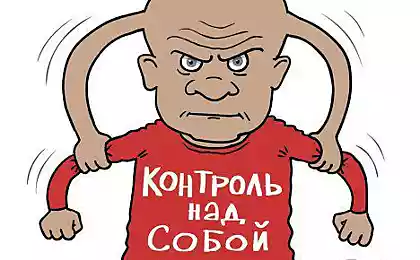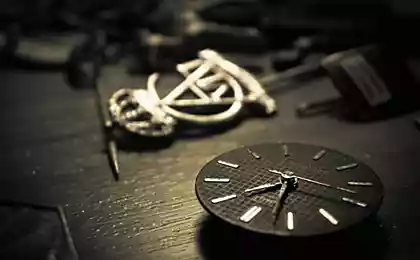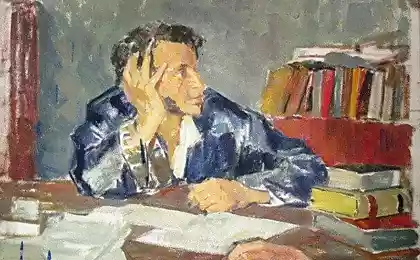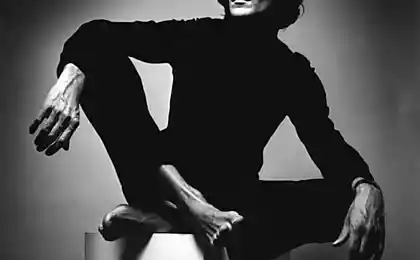792
Free will does not exist. You did not know?

Maybe you think it is you decided to read this article? In fact, your brain made a choice long before you found out about it.
In a study published in the journal Nature Neuroscience, researchers using brain scanner to predict a person's choice of 7 seconds of the test subject was aware of the fact that he made it. The study volunteers were asked to make a choice: right or left hand press. Despite the fact that this study is not representative of the more serious cases, the choice of which better relate to our sense of self, we face a number of serious issues related to the nature of identity and independence: As far as our free will? Is a conscious choice is an illusion?
"Your decision is largely predetermined by brain activity. By the time when the mind comes into play, the selection process has been completed, "- says study co-author John-Dylan Haynes, a neuroscientist at the Institute. Max Planck.
Hines has perfected the classic experiment by Benjamin Libet, which demonstrated that the area of the human brain involved in motor coordination, begins to be active for a second before the test subjects made the decision to push the button. More recent studies have confirmed the theory Libet, according to which the unconscious activity precedes and determines an informed choice. But never before did manage to secure such a long time period between the decision and the process of making it, according to Wired.com.
For seven seconds before the volunteers made the decision to press the button, in the frontal lobe of the cerebral cortex, responsible for high-level planning, the activity was recorded. Shortly thereafter, the activity moved in the parietal lobe cortex, which is responsible for the perception. Team Hines tracked these movements using magnetic resonance imaging (MRI).
Monitoring of both sites makes it very likely to predict the left or right hand presses the test button. And do the people involved in the experiment believed they were the result of a conscious decision to think about. For those who used to consider himself a man has free will, then that mean results of the study seem far more alarming than the awareness of the physiological nature, which is the basis of other brain functions.
Nevertheless, the free expression of the will still have something to say in his defense. For example, the experiment did not reflect the thought processes that occur during the adoption of other, more complex solutions
"The decisions taken in real life - to buy that house or that, go for one or the other work - are not the native solutions that we can predict using our scanner" - says Hines. In addition, he said, predictions are not always accurate. Perhaps free will manifested at the last moment, allowing a person to overcome not meet their subconscious decision.
"We can not deny that it interferes with the free will to decide at the last moment - says Hines. - However, I do not think it's plausible. "
"This does not mean that you have some kind of machine. Your brain activity is a physiological substance, which operates your personality, your desires and your dreams "- says Haynes, who is not worried about the implausibility.
Anxiety that people experience due to the potential unreality of free will, can be explained by the fact that they believe the statement that their essence separable from the brain, explains Mark Hallett, a neuroscientist at the National Institutes of Health.
"It's like to think that the mind is separate from the body. I do not think anyone seriously believes in it - says Hallett. - Another point of view on this issue is the idea that your mind is aware of only a small fraction of the things that your brain is engaged. " Hallett doubts the existence of a separate independent agency.























